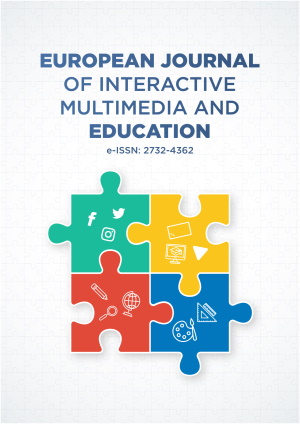Abstract
The study examined university teachers’ digital literacy in Nigeria’s south-south geopolitical region. The descriptive survey approach was used, and three research questions served as the study’s direction. Data were gathered via an online questionnaire. SPSS version 23 was used to calculate the mean and standard deviation after frequency counts and simple percentages were used to evaluate the data while the independent t-test was used to test the hypothesis. The online survey was distributed to 200 faculty members, and 91 of them fill it out, yielding a 46% response rate. The sample for the study consisted of 91 lecturers who answered the online survey. Two measurement and evaluation specialists and two experts in digital technology evaluated the questionnaire. Cronbach’s alpha was employed to determine the instrument’s dependability, and the result was 0.74. The results showed that university lecturers possess high levels of both fundamental and multidimensional digital competence. The survey found that among the difficulties experienced by university teachers in acquiring digital skills were a lack of opportunity for information and communication technology (ICT) training, the high cost of ICT literacy training, inadequate ICT facilities, and a lack of sponsorship. Lastly, the outcome of the hypothesis test indicates that there is no statistically substantial difference in the levels of digital competence between male and female university lecturers. Based on their findings, the researchers suggested that university administrators set up digital skills training for university faculty members as well as assistance and incentives to promote development of digital abilities. The government should be dedicated to education overall by investing adequate finances for teacher training, infrastructural development, and enhanced welfare programs to deliver excellent university education in this digital era.
License
This is an open access article distributed under the Creative Commons Attribution License which permits unrestricted use, distribution, and reproduction in any medium, provided the original work is properly cited.
Article Type: Research Article
EUR J INTERACT MULTIMED ED, Volume 4, Issue 2, July 2023, Article No: e02305
https://doi.org/10.30935/ejimed/13966
Publication date: 06 Dec 2023
Article Views: 3875
Article Downloads: 2733
Open Access References How to cite this article
 Full Text (PDF)
Full Text (PDF)